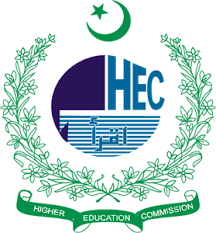Islamic Perspectives on Digital Literacy and Online Ethics
Keywords:
Islamic Ethics, Digital Literacy, Online Behavior, Cyber Morality, Social Media ConductAbstract
The digital revolution has transformed the way individuals interact, learn, and conduct daily activities, presenting both unprecedented opportunities and profound ethical challenges. In this context, the integration of Islamic perspectives into digital literacy is essential for guiding behavior in online environments. This article explores the foundational principles of Islamic ethics such as truthfulness, accountability, modesty, and respect for privacy as they relate to the use of digital technologies. It examines how the teachings of the Qur’an and Sunnah can inform ethical conduct in social media engagement, content sharing, cyber communication, and the consumption of digital information.
Particular attention is given to the Islamic condemnation of slander, backbiting, and spreading false information, which are common in the online space. The paper highlights the importance of digital responsibility, advocating for a value-based approach that encourages critical thinking, fact-checking, and purposeful usage of digital tools. It also underscores the obligation of educators, religious leaders, and policymakers in Pakistan to promote digital ethics through curriculum reforms and community programs.
Furthermore, the article addresses the role of Islamic teachings in protecting users from the harms of cyber bullying, online addiction, and identity theft, proposing faith-informed strategies for safe and meaningful digital engagement. In conclusion, this study presents a comprehensive framework that blends modern digital literacy with classical Islamic ethics, aiming to nurture a morally upright digital citizenry capable of navigating the digital world with integrity, wisdom, and social responsibility in the Pakistani context.









